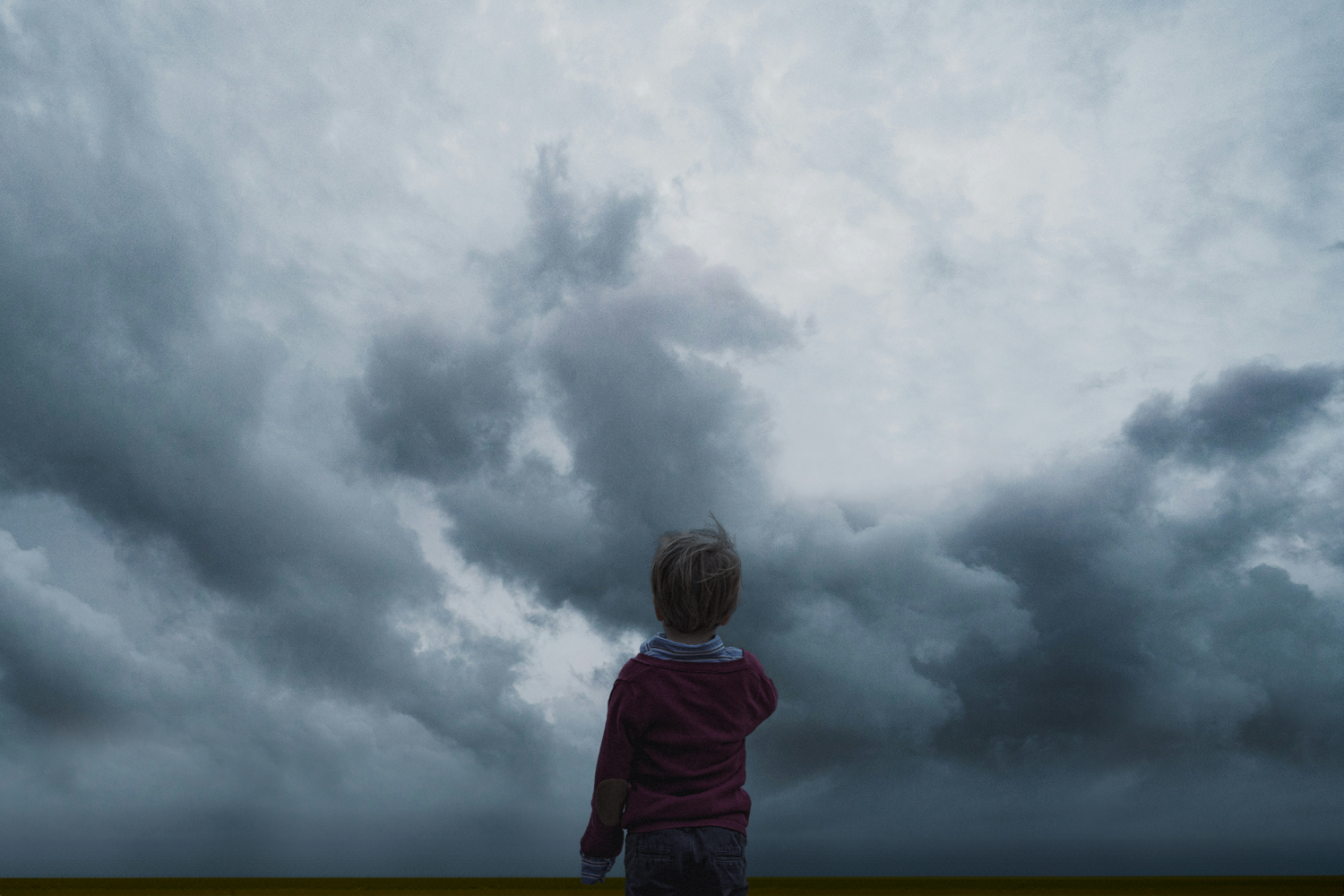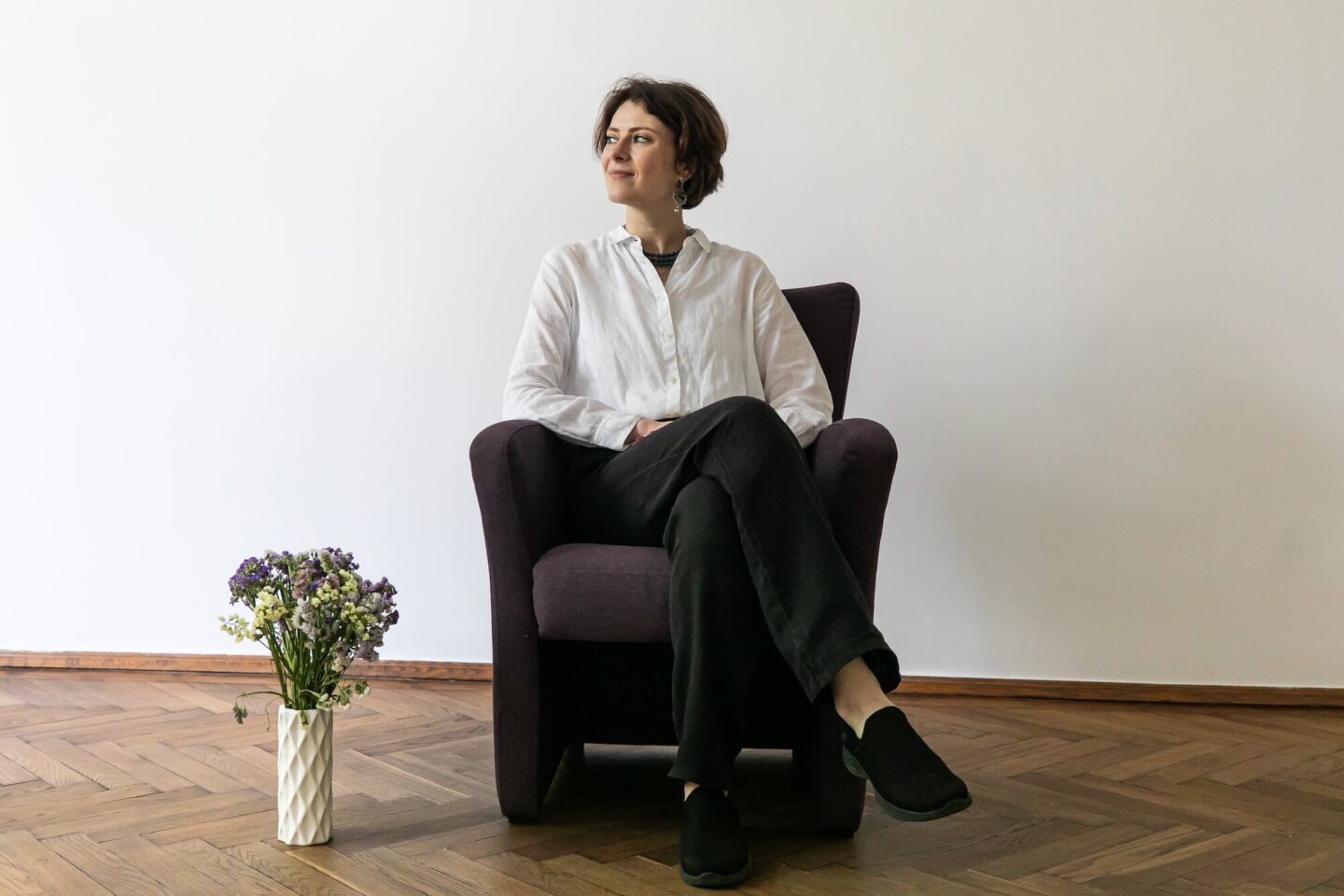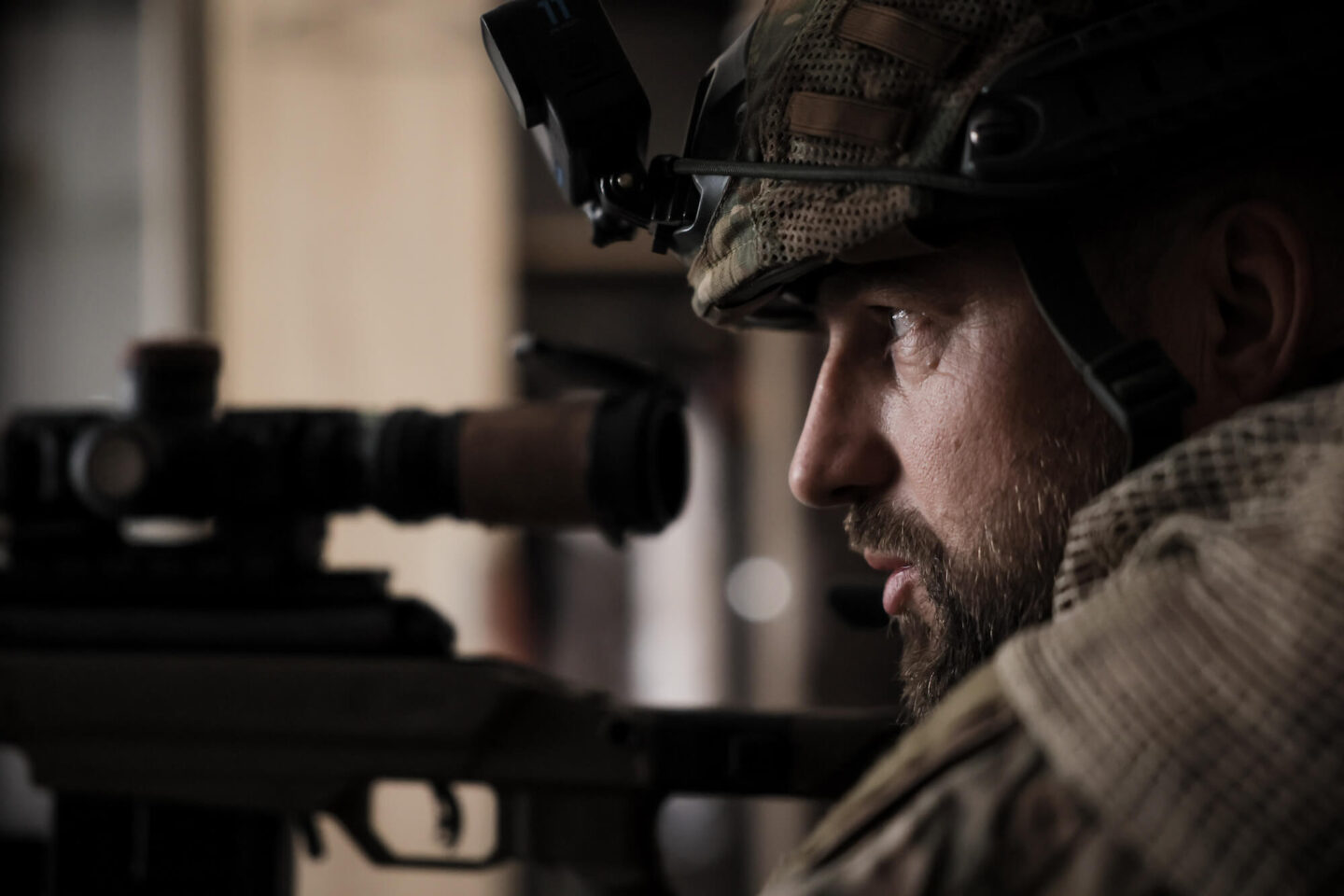I have promised myself not to return to my childhood either with my heart or my mind because that’s enough. And yet, that distant lighthouse from the bottomless past shines, humming like a thin-voiced siren, beckons, keeps holding, and pulls me by the threads to its other rocky shores.
It’s a characteristic of me to break my promises to myself every time. Because of my cowardice and rather conditional integrity. Or, perhaps, lack of integrity.
When I think back to my childhood, I immediately imagine a ‘cradle swinging over the abyss’.There is a person in that cradle who must eventually dive into that abyss. And that person is me. And the person knows nothing about the abyss, about the black fogs over the abyss, about the dangerous whirlwinds that sometimes pick you up and throw you almost to the bottom, and then pick you up again and carry you on and on. Relentless and soulless. And scary.
I saw a lot of poverty and injustice in those first ten or twenty years of my life. The difficult period of the country’s formation and the first steps of the nation’s self-awareness, the poor and enfeebled nineties, and the disgusting provincial cruelty of the people around me. And every time I was tempted to leave things to chance, my mother would tell me, “Life is so difficult and you’ll suffer a lot if you don’t clean up your act. Study, read, and make your way in the world, otherwise, you’ll end up like your father, welding kiosks somewhere in Tyumen or patching up old audis near Kraków.” “Life is complicated, hard, and unyielding,” my mother kept telling me.
And I believed her. I imagined that when I grew up, insidious and dangerous people would be circling me like hungry vultures: my parents’ circle, people from outside, and people in trolleybuses and shop queues. Money-changers, swindlers, scammers, and desperate, and therefore angry women of unrevealed age. And through all this lumpenized mess, I would have to get to the shore of the other world: a clean and bright one, like the reception room of a pedagogical university dean’s office.
Yet now, these people seem not so insidious and hardly so dangerous. People of their time, pushed out of their cramped Soviet apartments and into the open spaces of the new era.
The worst thing that awaited me—all of us—was something else. Something neither I nor any of us were ready for.
Because my mother did not tell me the main thing, she did not tell me about war. She told me what to do if I met a wanker in the private sector alley in front of the school, but she did not tell me what to do when a rocket fell into the neighbouring yard.
She advised me what to say to rude women of unrevealed age on the trolley, but did not explain how to survive the loss of dozens of people I loved and wanted to be with.
She told me what to say to the neighborhood boy in case of conflict, but she did not tell me how to live next to a perceived enemy. She talked a lot about hygiene and the need to take a shower every day, but she was silent about how to wash away the sticky feeling of fear.
We were not prepared for war. Flipping through the most important pages in a history textbook, our parents looked confused into a dark abyss where anything could happen, but not war. And with these naive looks, our immature adults showed us, children, the way. We watched Old Songs About the Main Things and celebrated the New Year twice: with Moscow and Kyiv. We attended Volchek’s theater performances and brought flowers to Malinin’s concerts. We were taught to love Tyutchev and despise Raisa Kyrychenko.
We were told that Ukraine has such an excellent geopolitical location that no wars threaten it. They said that we had paid the price in full with the Holodomor, World War II, Chornobyl, Afghanistan, and Ivasiuk’s death, so all you have to do now is study, read, and one day find yourself in a bright room at a pedagogical university dean’s office. Unless, of course, you are accepted to Mohylianka (full name is National University of Kyiv-Mohyla Academy).
They did not accept me not only to Mohylianka but even to the pedagogical university, ridiculing my gaps in knowledge of proclamations and moderately praising me for being able to name all the heads of the OGPU-NKVD with the years of their executions. But I was willingly taken to the war. Unprepared by my parents or my life. At the same time, they taught me hatred, rage, a sense of sticky fear, and the ability not to cry at the endless funerals of those I loved.
That’s why I want to return to that cradle over the abyss. Into ignorance and unawareness, into a cozy world where I never learned to love Tyutchev, but now, through all this medley of nostalgia, I realize that I did love Raisa Kyrychenko. That’s why I can spend hours watching archival footage from nineties television, which I used to watch to learn Ukrainian and to escape from rude women, my father’s weird friends from the market, and wankers in alleys. I ran away because the abyss actually looked scarier than it was. And now I often hide there, naively believing in the healing power of memory. I cover myself with the past like a TV box, hoping that the war will not notice me, and I will not hear a rocket explode in the neighboring yard by covering my ears. I also close my eyes to avoid seeing the mutilated body of a twenty-year-old boy before the coffin is nailed shut and put in the central square.
Yes, I remember that I promised not to return to my childhood either with my heart or with my mind. But no, I am not keeping my promise, because only there is one of the most basic human needs that I can fulfill: the need for safety. No matter how deceptive this safety may be.
Artem Chekh — a writer and junior sergeant in the Armed Forces of Ukraine. In 2015-2016, he voluntarily joined the military to defend Ukraine, and since the beginning of the full-scale war, he has been back in the ranks of the Armed Forces of Ukraine.
Illustration — Vadym Blonskyi
Translation — Yulia Didokha
§§§
[The translation of this publication was compiled with the support of the European Union and the International Renaissance Foundation within the framework “European Renaissance of Ukraine” project. Its content is the exclusive responsibility of the authors and does not necessarily reflect the views of the European Union and the International Renaissance Foundation]





